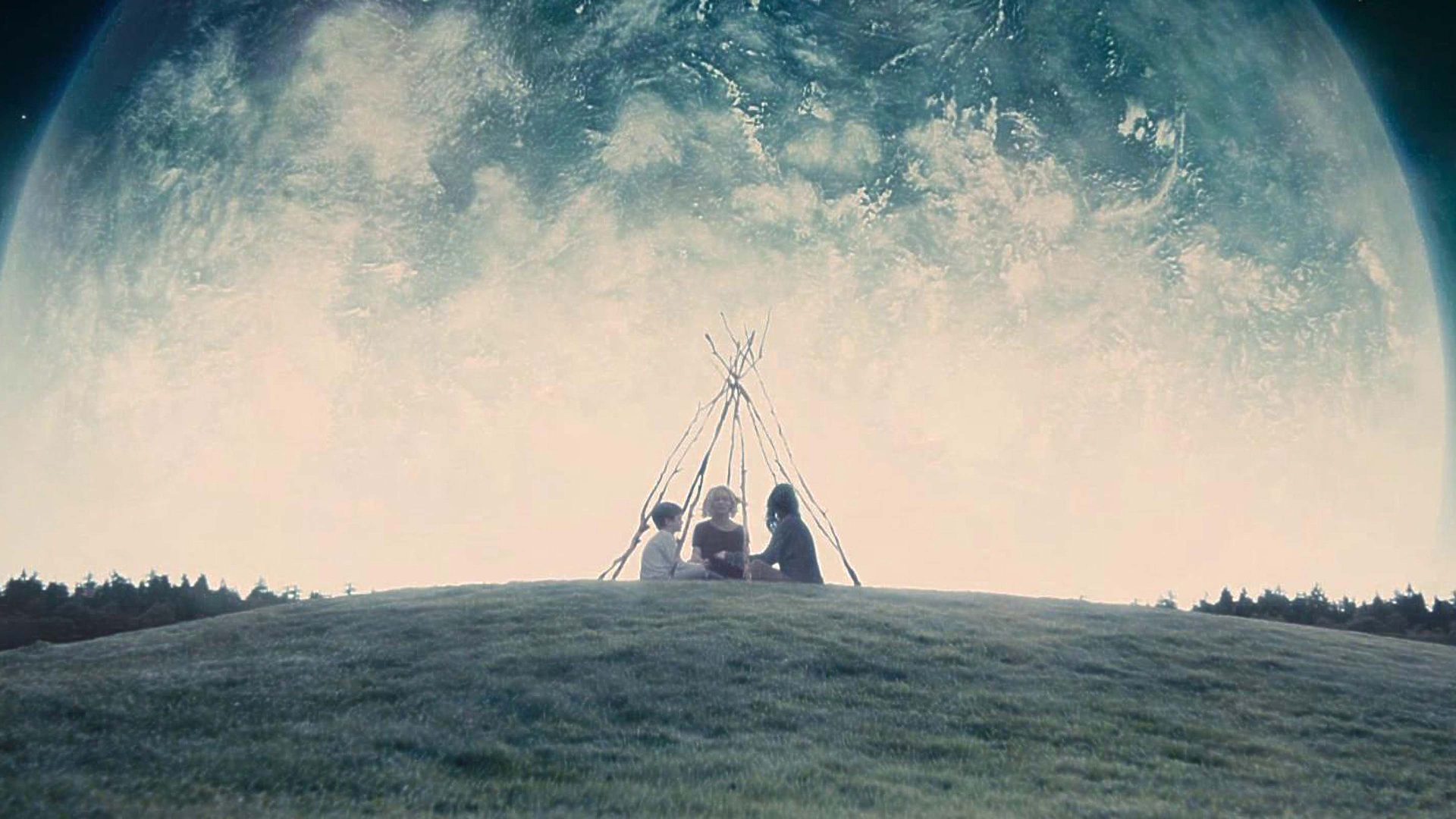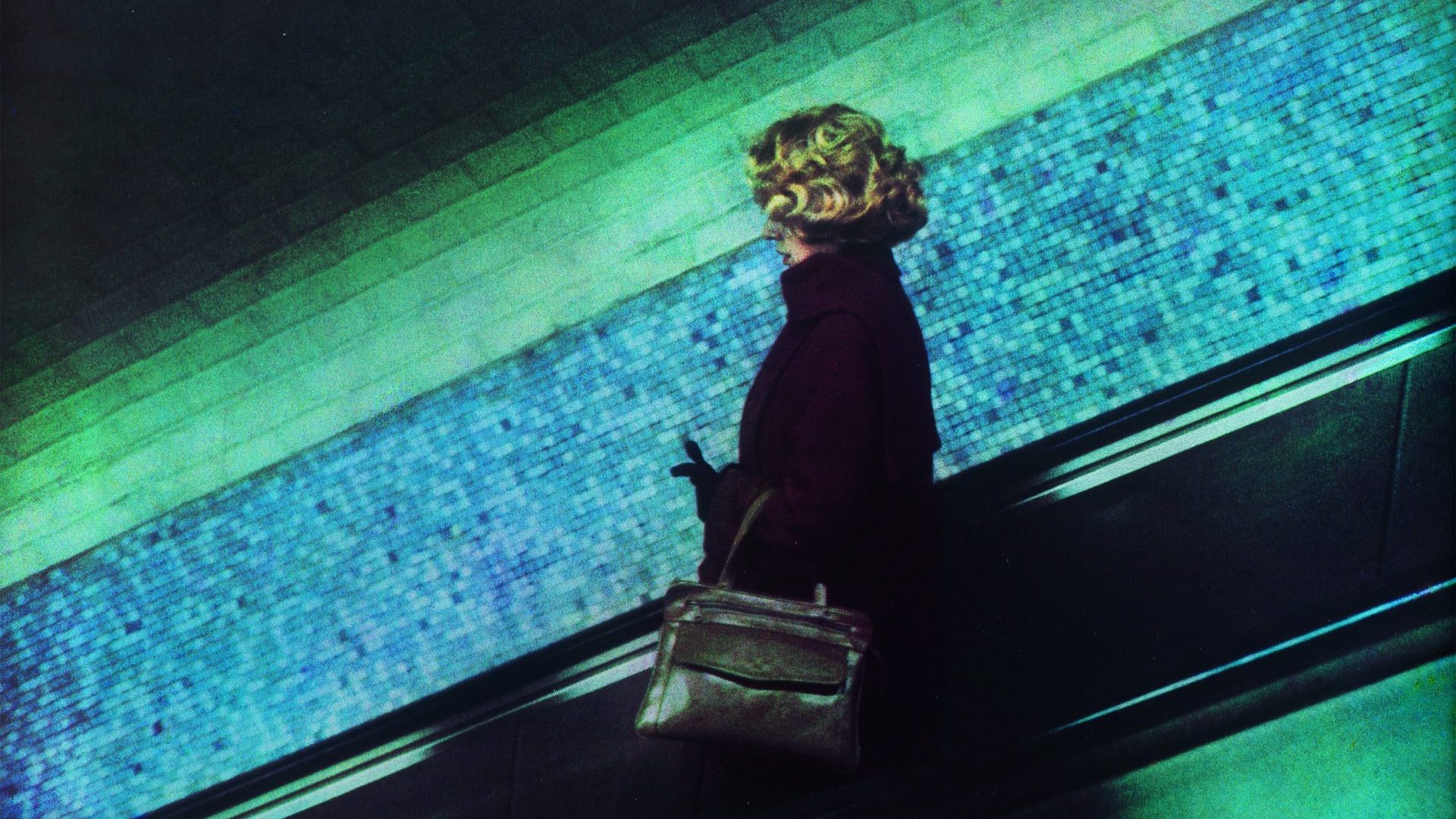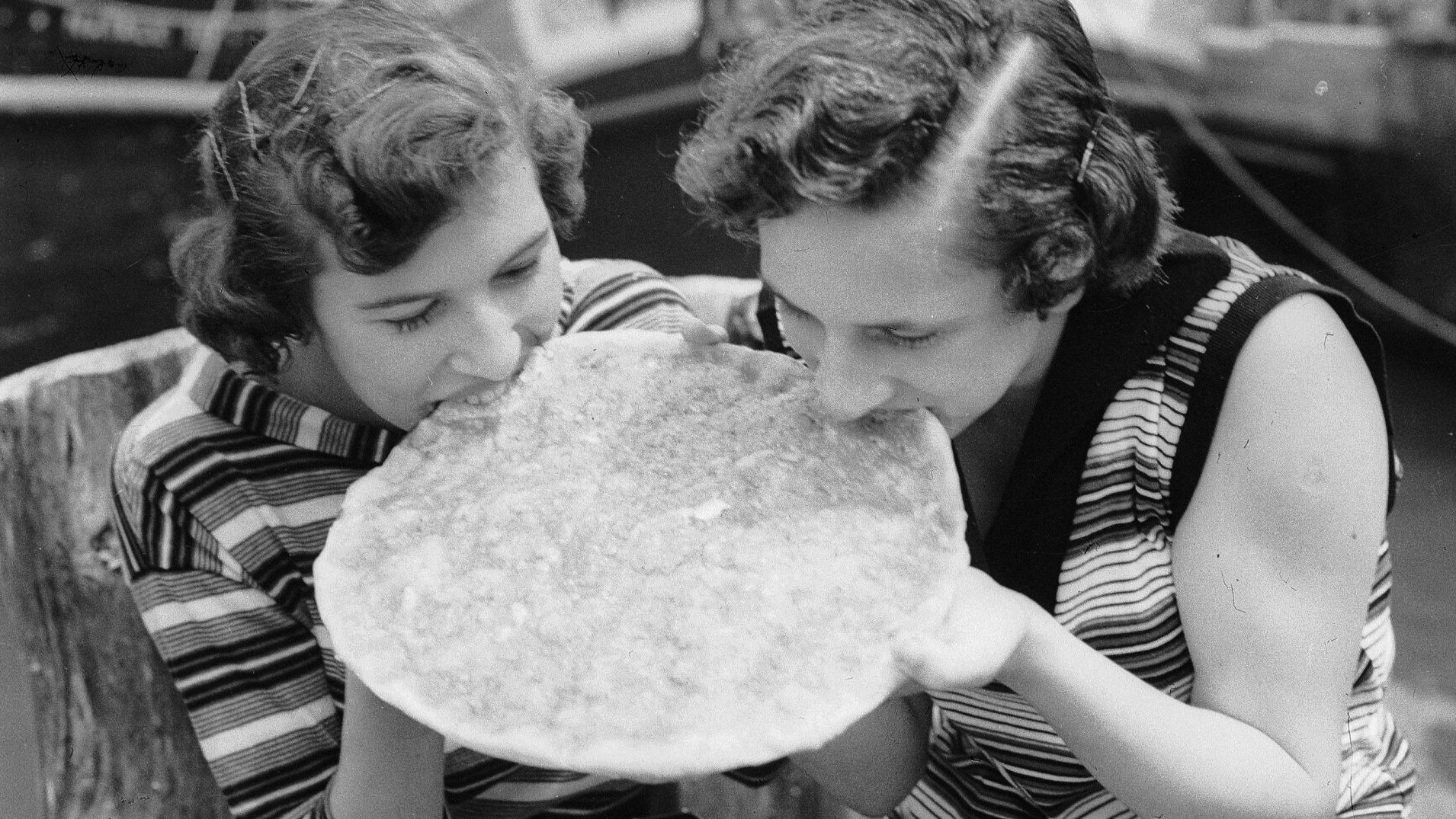When the end of the world comes, what form will it take? We tend to assume it will be something sudden and explosive, a blinding flash, a fireball leaving a cloud of ash and gases where the planet used to be.
Whether man-made or a bolt from the extraterrestrial blue, the cause will matter not – we’ll be gone, and so will the spinning lump of space rock to which we’ve been clinging for the last few thousand years.
Perhaps the planet will endure and it’ll just be us that go. The Covid pandemic gave us a hint of what form that kind of ending might take, humanity wiped out by a rampaging virus that exterminates homo sapiens before their sourdough has proved, accompanied by the faint, coughing complaint: “I don’t know what the fuss is about, it’s just a bit of flu”.
Either way, the innate arrogance of our species presumes that when we go it will be in spectacular fashion, probably taking the Earth down with us. A big bang to humanity but, let’s face it, barely a phut as far as the universe is concerned.
The universe won’t care, either way. The contents of a golden long-playing record strapped to the Voyager probe will be all that remains of our story, and if whatever far-off alien life form that catches it in their deep space butterfly net have ditched their turntables and gone over entirely to streaming by then, even the delights of Bach and Chuck Berry will be lost to galactic posterity.
Given our preference for a tumultuous apocalypse that befits our self-importance, it takes a brave novelist to write it as something quiet, almost enigmatic.
In Kerry Andrew’s new novel We Are Together Because, the protagonists experience the apocalypse in a remote corner of south-eastern France. The end of the world plays out on the edge of their vision in half-glimpsed peripheral movements, hints of whispers, the winking out of distant lights and the familiar rhythms of life slowing almost gently to a halt.
For siblings Luke, Connor, Thea and Violet, the end of days is not a crash-bang conflagration but a gradual, eerie erasure of the familiar. It is a brave move and makes for a truly magnificent book.
One of the cultural hills I am prepared to die on, or at least stand on for a while looking cross, weather permitting, is that we should be far better disposed towards the polymath.
The common supposition that because someone is exceptional at something they cannot be exceptional at anything else has long been a source of irritation because there is no justification for it, not least in the current cultural climate where creative people must keep as many plates spinning as they can just to get by. Why we have developed a culture that seems to distrust the multi-talented is baffling.
Andrew is a long-time plate spinner and one of our most exceptional polymaths: an award-winning classical composer, highly regarded alt-folk performer under the name You Are Wolf, jazz musician, songwriter and author of some outstanding literary fiction. We Are Together Because is their third novel after 2018 debut Swansong and 2021’s Skin, a work whose characters stay with the reader long after the book has been returned to the shelf.
We Are Together Because manages to be a sensitive and nuanced portrayal of contemporary family dynamics – four siblings who were struggling enough finding their places in the world before things got cataclysmic – that transforms into a deeply moving and thoroughly original evocation of the end times.
The quartet share a father but have two different mothers: Violet and Thea are the youngest, Connor and Luke their older half-brothers. Their father, a human rights lawyer, has arranged a holiday for them at his home in a remote part of the rural south-east of France where he intends to join them once he has finished some business in China.
Violet, the youngest at 15, is obsessed with words and their etymology, particularly how they relate to her own troubled sense of identity. Thea is two years older and preoccupied by the twin enigmas of sex and philosophy.
Connor, six months older than Thea, is deaf in one ear but immersed in sound, inspired by John Cage’s 4’33” to record ambient noise to turn into music while Luke, in his early 20s, is processing a recent relationship with a married man he realises was dangerously abusive. The two sets of full siblings have only recently come significantly into each other’s orbits and the holiday has clearly been engineered as a bonding exercise.
“They were a family,” Andrew writes, “and at the same time, they weren’t – two sides stuck together with Sellotape.”
The first half of the book immerses itself in the mixture of awkwardness and affection in the siblings’ dynamic, playing out in the idyllic surroundings of “a village that prided itself on almonds and lavender” in the pungent, baking heat of high summer.
Violet is the most appealing character. Intense, smart and passing through that hinterland between childhood and adolescence, she is a deep thinker about words and how they justify the sense of disgruntlement she carries.
Complaining inwardly about the dull name she was assigned at birth, she rues that Thea’s name combines “two of the most basic words in the English language stuck together, yet it meant goddess of the light, mother of the sun, moon and stars”.
Luke appears to slot easily into the role of the eldest, cooking adventurous meals and looking out for the youngsters while ignoring imploring, controlling messages from the work colleague who has been abusing him in the guise of a consenting relationship.
Connor is immersed in his soundscapes, apparently the happiest of the four to be alone but troubled by the feelings he is developing for his half-sister Thea – that have not gone unnoticed – while holing up in his room with his editing software and recorder.
The novel seems to have its course set as a nuanced, sensitive exploration of family relationships and the unspooling of internalised trauma in a southern European paradise, a tale character-driven rather than plot-focused that initially put me in mind of Virginia Woolf’s The Waves and Sophie Mackintosh’s The Water Cure.
But then.
The first inkling that something might be amiss comes in a faint droning sound that Connor detects in his recordings. He fears a technical issue with his equipment until he realises he can hear it constantly, away from his headphones. Thea begins itching relentlessly as if assailed by mosquitoes that aren’t there.
Violet, looking at photographs she has taken of sunsets, notices in many of them a curious shimmer in the sky, a darkening patch of the heavens imperceptible to the naked eye but present on her camera screen.
Andrew has been seeding portents from the start and, like the siblings, we have barely noticed them. But they’re always there. Early in the book, Thea, reading Kant on a sun lounger, tries to explain transcendental idealism to her younger sister.
“We can’t fully know a thing, because our senses don’t have the capacity to understand it in its entirety.”
“Right,” said Violet. “So I don’t understand this tree because it’s got some mystery ju-ju to it that I can’t see?”
“Or sense in any human way, yep.”
Italicised descriptions of the surroundings sprinkled through the text become, when taken together, more than just evocative scene setting.
Growing progressively more eerie, they chart the cycle of the natural world transforming, plants flowering faster than usual, animal and bird life behaving in ways that don’t quite fit their annual routines, the night Violet is convinced she sees an aircraft fall out of the sky, its lights suddenly plummeting out of sight, but finds nothing reported on the news.
Then the news turns weird, running footage of empty streets in major cities with shadowy lavender-coloured smears in the sky above them and hints of a breakdown in urban social order across the world.
Texts and calls from friends and family arrive that give little more detail than “OMG! U OK?” but gradually diminish to nothing. When contact with their parents ceases, the siblings, in their remote corner of France, feel suddenly very alone.
Andrew handles this change of direction brilliantly, the reader sharing the uncertainty and fear of the frightened siblings. We are never privy to information unavailable to the protagonists, allowing us to inhabit their increasingly unnerved claustrophobia, party only to the same half-heard scraps of information and rumour.
The sense of dread is tangible as the book moves towards its denouement without succumbing to the quickening pace of a thriller, feeling all the more real for it. There is an exquisite stillness about this apocalypse, and when the climax of We Are Together Because comes upon us it is almost by stealth.
As a musician Andrew is blessed not only with an innate sense of rhythm that underpins their prose, but also a highly perceptive ear for sound. Thankfully they also have a gift for expressing it too: rarely has a novel sounded as good as this.
When Connor heads out on his bicycle, for example, he “listened to the fine hiss of the bike spokes in dialogue with the distant cicadas and the occasional dull goose-cry of his brakes”.
The oppressive summer heat hangs over everything like a fug, thickening in an absence of wind, making every movement, every change in the light, somehow significant and profound. The reader is drawn in to a cranked-
up magnification of intense intimacy with the protagonists and a tangible sense of the end of everything.
There is hope here among the doom, goodness underpinning the flaws of four young people doing their best, that means if the end of the world does come, in whatever manifestation, Kerry Andrew’s book would be a fitting testament to who we were. Stick it on a probe and launch it into space.
We Are Together Because by Kerry Andrew is published by Atlantic Books, price £16.99




